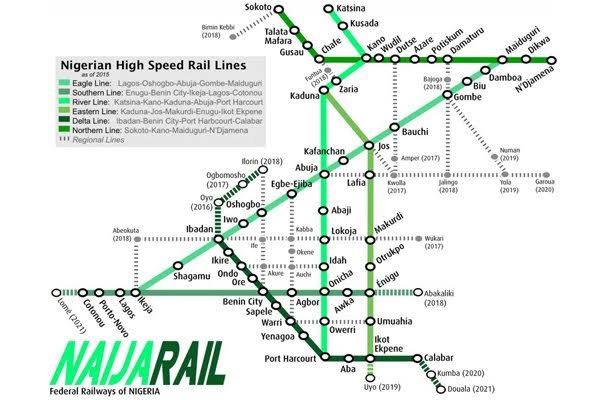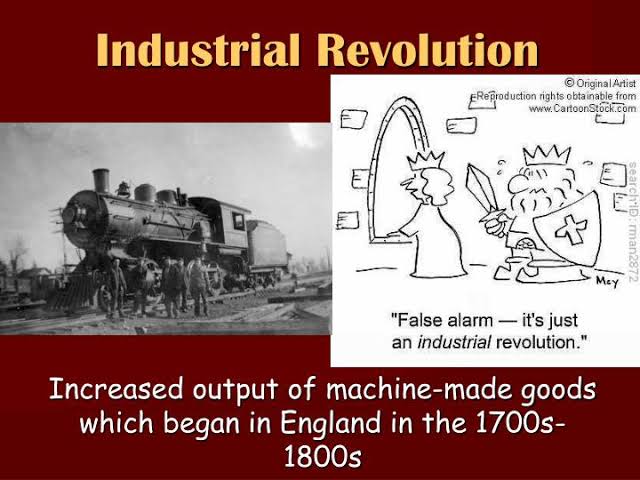Minister of Finance and Coordinating Minister of the Economy, Wale Edun’s April 3rd 2024 presentation at the Lagos Business School Breakfast Club titled ‘Reconstructing the economy for growth, investment and climate resilience development’ focused mainly on cost cutting through removal of subsidies, extreme high interest rates to curb inflation and attract foreign exchange, and agriculture, which don’t address fundamentals of real economic growth. In terms of economic empowering infrastructure, the N15 trillion Coastal Highway also reveals a lot of economic misconceptions that need to be cleared.
Though it is debatable whether subsidies and floating of Naira have really been stopped, but even if we accept that there are no policy reversals for argument sake, cost minimization is just one part of the economic optimization equation which must be balanced with production maximization. Though social welfarism backs cost optimization, instead of the neo-liberal economic focus on cost minimization, either of the two still requires production maximization. How do we pay for the costs without taxing the poor for revenue generation? What can Nigeria do to stimulate real economic production and growth?

The continued sixty year focus on agricultural production is good, but is not enough to provide a high return on investment to pay for costs and, most important, to absorb the millions of unemployed. Nigeria’s agriculture which ranks as the world’s fifth in Agriculture Value Added at $111.97 billion (World Bank 2022 report), and accounts for 38% of employment and 24% of national income, coupled with the Food, Tobacco and Beverages, textiles and cement manufacturing subsectors that account for 76% of manufacturing, are approaching diminishing returns, so there is an obvious need for new or other industries that can provide the highest return on investment and greatest income and employment multipliers in the economy.
Railways and solar energy are the two most important industries that can stimulate economic growth, industrialization and employment. Railways can provide more income and returns on investment than crude oil. Railways provide the highest return on investment in the USA at 50.93%, with real estate second at 41% (Comparisun). The USA railway revenue in 2020 was $68.8 billion compared to $20.43 billion that Nigeria made from crude oil same year.

It can be argued USA has a larger land and population than Nigeria, but the German railway operator Deutsche Bahn made $48.12bn, followed by the French railway operator, SNCF that made $38.43bn, both of whose combined land size (357,592 km² plus 551,695 km²) and population (83.8 m plus 67.97m) are less than that of Nigeria’s 923,768 km² with 218m population. So with the country’s land size and population, railways can bring nearly $100 billion yearly.
Unfortunately, the Tinubu government has a myopic view of railways being just a means of transport. This is reflected in their plan to build a Coastal Highway and train from Lagos to Calabar, mostly over water and swamps, bypassing inland towns and economic nodes along the way, instead of along the East-West Road connecting dozens of towns and population centers. It’s like building a road/railway flyover from Lagos to Sokoto, towns like Abeokuta, Oshogbo, Ilorin won’t be what they are today.


Every industrialized nation stimulated its heavy manufacturing with railways. Though the USA built its initial railways to bring its cotton production to the coast for export to Europe, being the largest production unit of iron and chemicals/plastics, it stimulated their local production to build and maintain the railway system. Just like roads stimulate mechanics, vulcanizers, food vendors along their routes, so does railways stimulate various multiplier effects in towns and stops along the way. Currently, Iron and Steel, Plastic and Rubber, Electrical and Electronics combined contribution is a mere 1.6% of the economy which railways can increase tenfold.
Instead of piecemeal railways built by nepotistic friends and family, it should be approached systematically, and the builders can only be China, or our army, being part of an industrial military complex. We have two North-South railways, what is required is to build a grid system with three East-West railways – Lagos-Calabar, Ilorin-Yola and Sokoto-Maiduguri, thereby creating 9 zones that states and private investors would build feeder routes to every corner. For every job or Naira spent on railways, it will create twenty fold jobs and income in other industries. These income and employment multiplier effects will be the growth drivers of agriculture, services, logistics, engine making, plastics, electricity and other industries.


Solar energy is also an industry with various multiplier effects, in addition to being a source of energy. Covering huge parcels of land in the arid North will reverse deforestation and desert encroachment, as the panels reduce the amount of direct sunlight and heat on the land, thereby stimulating the growth of vegetables under the panels. The covering of 10% of the core North with solar panels will not only fulfill Nigeria’s electricity needs, but will provide income and employment to the poverty stricken area through a massive vegetable industry. If Nigeria is to compete globally, solar energy will be its foremost comparative energy production advantage.
The third most important sector that needs government focus is a massive real estate development. Many of us that travel to Europe and USA are marvelled by the sprawling suburbia of neat rows of identical residential homes don’t know that they were built during the 1950s Reconstruction Era, when governments provided land and finance to rebuild after the second world war. Rather than taking lands for ethnic focused cattle colonies, the government should enable massive real estate development by creating a mortgage or housing subsidies program like Obafemi Awolowo did in Bodija, Ibadan. Real estate is the number one creator of individual wealth, and to economically empower the masses, there must be more political will on this industry than just political pep talk on breakfast shows.
These three sectors will provide real economic growth instead of tinkering with economic indices that favor only equity investors and rich speculators. It is a good thing the government has listened to advice to stop neo-liberal economic policies of cost minimization (subsidy removal and floating Naira), and we hope they will take up this advice to maximize the right production, not uneconomic projects like coastal Highway and Railways nor taxing the poor for revenue generation.
** Justice Faloye, Afenifere Deputy Publicity Secretary, President ASHE Foundation think tank is an Economist and author, The Blackworld Evolution to Revolution.








